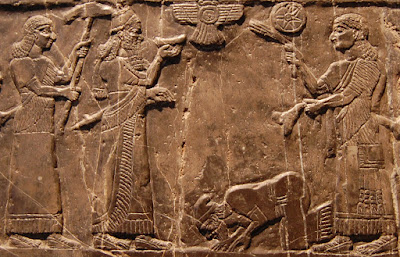Colossians 1:9-14
The Daily Mail headline asked if you can complete the world's most difficult puzzle.As far as 1,000 piece jigsaws go this one with each piece a different color looks remarkably difficult.
I think most of us like puzzles, games and insightful tests. I remember some from my childhood where we were to choose the thing that was out of place. Inevitably good natured debates arose (especially in my family of antagonists!) about ambiguities which undermined reaching a consensus solution.
One such puzzle might look like this:
What doesn't fit?
In his letter to the Colossians (as in most of his letters) Paul points us to God's will for us. There are many things that human's can rationalize as good and appropriate - which according to the plain reading of the text, are not. That is why, Christians surrender all that they are to God and seek only to do the will of our Father in Heaven. In a world of distortion, manipulation and corruption, living as God specifically and clearly calls us to in Scripture is the only safe and sure path to salvation.
I hope we can all pray together today that each of us will "be filled with the knowledge of God’s will, in all spiritual wisdom and understanding, so that [we] may lead lives worthy of the Lord, fully pleasing to Him, as [we] bear fruit in every good work and as [we] grow abundantly in the knowledge of God."
be blessed























